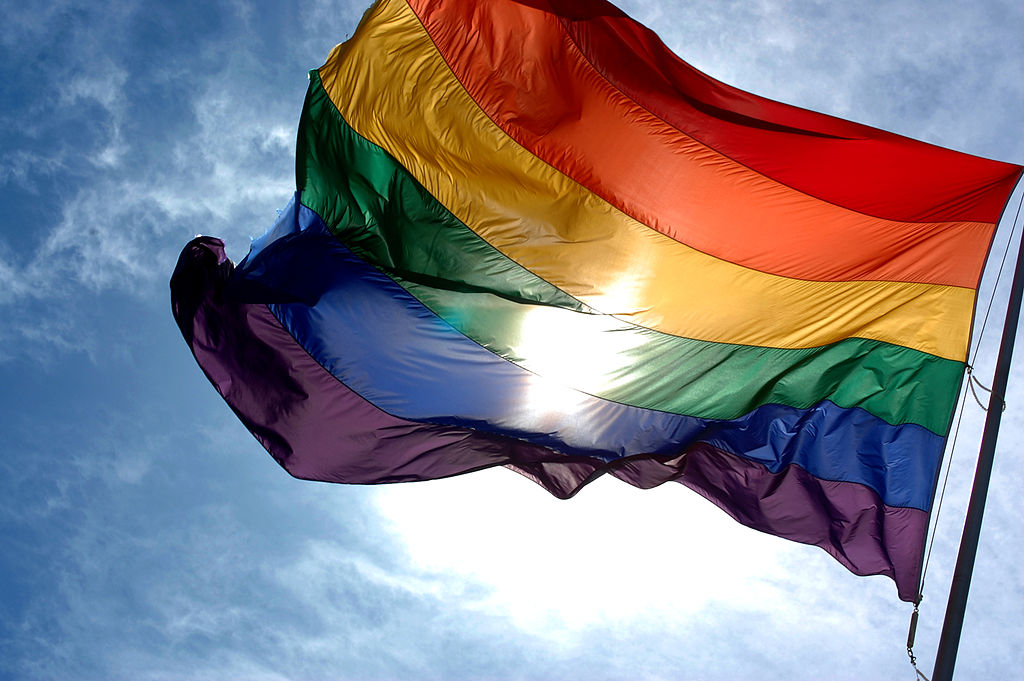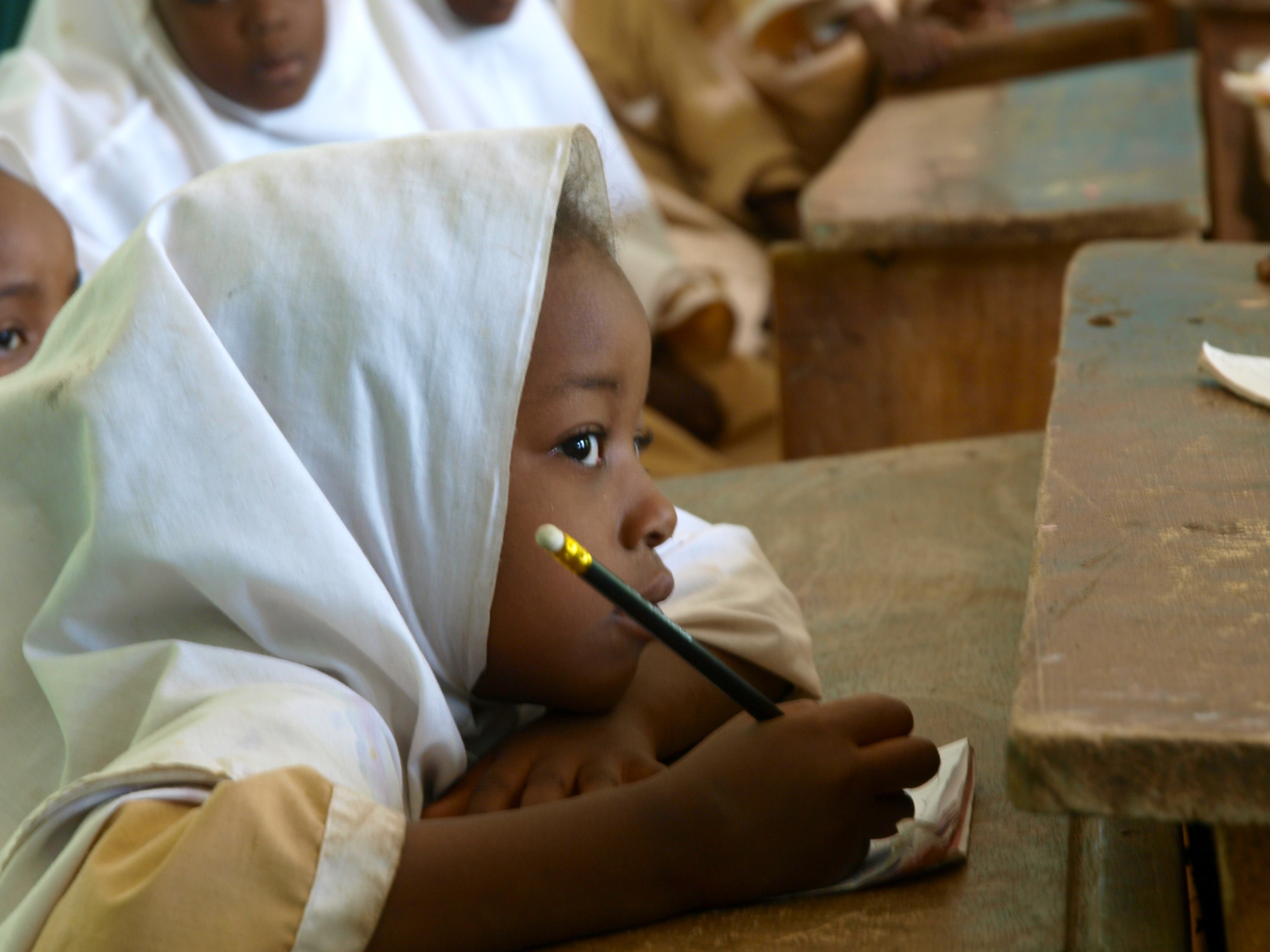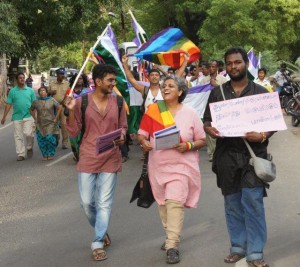
In the last decade, the West has adopted a liberal approach to homosexuality, with 36 American state legislatures having implemented laws recognizing same-sex marriages to date, and Canada having recognized same-sex marriage in 2005 under the Civil Marriage Act. However, barriers to marriage equality persist in the Global South and Eastern Europe. On Monday, January 12, Ramesh Tawadkar, the Goan Minister of Sports and Youth Affairs, announced state government plans to “cure” lesbians, gays, bisexuals, and transsexuals of their “disease”, spurring outrage amongst journalists, human rights activists, and government officials across the Indian subcontinent.
Anti-homosexuality legislation and rhetoric has not been limited to Goa, however, with the Ugandan anti-gay movement also receiving notoriety following the February 24, 2014, enactment of Bill No.18, blatantly titled “The Anti-Homosexuality Bill”. The Anti-Homosexuality Bill graphically defines the offense of “homosexuality”, under Section 2, as an act of penetration of the “anus or mouth of another person of the same sex with his penis or any other sexual contraption…[or where] he or she touches another person with the intention of committing the act of homosexuality”. It goes on to define “aggravated homosexuality” under Section 3.1 as an act of homosexuality where the “person against whom the act is committed is below the age of 18 years; [the] offender is a person living with HIV; [the] offender is a parent or guardian of the person against whom the act is committed; [the] offender is a person of authority over the person against whom the offence is committed; [the] victim of the offence is a person with disability; [the] offender is a serial offender; or [the] offender applies [or] administers drugs…to have [an] unlawful carnal connection with any person of the same sex”. Section 3.2 warrants the use of capital punishment in cases of aggravated homosexuality. On February 16, 2014, President Obama released a statement condemning Uganda for its failure to protect human rights.
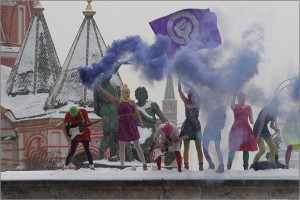
Russia has also been known to violently persecute homosexuals. In March 2012, Russian police arrested Nadezhda Tolokonnikova and Maria Alyokhina, two members of the anti-establishment punk band Pussy Riot, on charges of hooliganism for advocating for greater freedoms for the homosexual community. On January 30, 2013, in the run-up to the 2014 Sochi Winter Olympic games, Russia enacted the LGBT propaganda law, which bans the spreading of “propaganda of non-traditional sexual relations” among minors. The law introduced fines of up to 100,000 roubles on violators, which averaged about US $3308 in January 2013. In September 2013, Obama publicly met with gay rights activists in Russia, where he openly criticized Moscow’s stance.
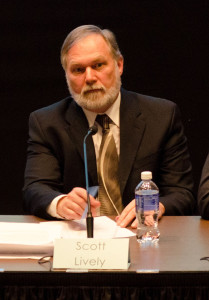
While it is easy to criticize the Goan, Ugandan, and Russian governments for their violent stance on homosexuality, one must remember that the onset of persecution of the LGBT community in the Global South and Eastern Europe did not occur in a vacuum. Goa’s anti-homosexuality stance has its roots in the Christian missions of the 1540s and Uganda’s anti-homosexuality stance has its roots in the Christian missions of the 1800s, both of which taught that homosexuality was recognized as an abomination by God. Russia’s anti-homosexuality stance has also been openly and heavily supported by the Russian Orthodox Church, who petitioned for the creation and enactment of the LGBT propaganda law.
Uganda’s anti-gay movement, in particular, has been heavily influenced by members of political and conservative Christian organizations in America’s Bible Belt, including Scott Douglas Lively, the president of the Abiding Church Ministries and author of several books against homosexuality, including “7 Steps to Recruit-Proof Your Child”; Caleb Lee Brundidge, a self-described former gay man who leads “healing seminars” that condemn homosexuality as a sickness that must be cured; and Don Schmeirer, a board member of Exodus International, whose mission is “mobilizing the body of Christ to minister grace and truth to a world impacted by homosexuality”.

